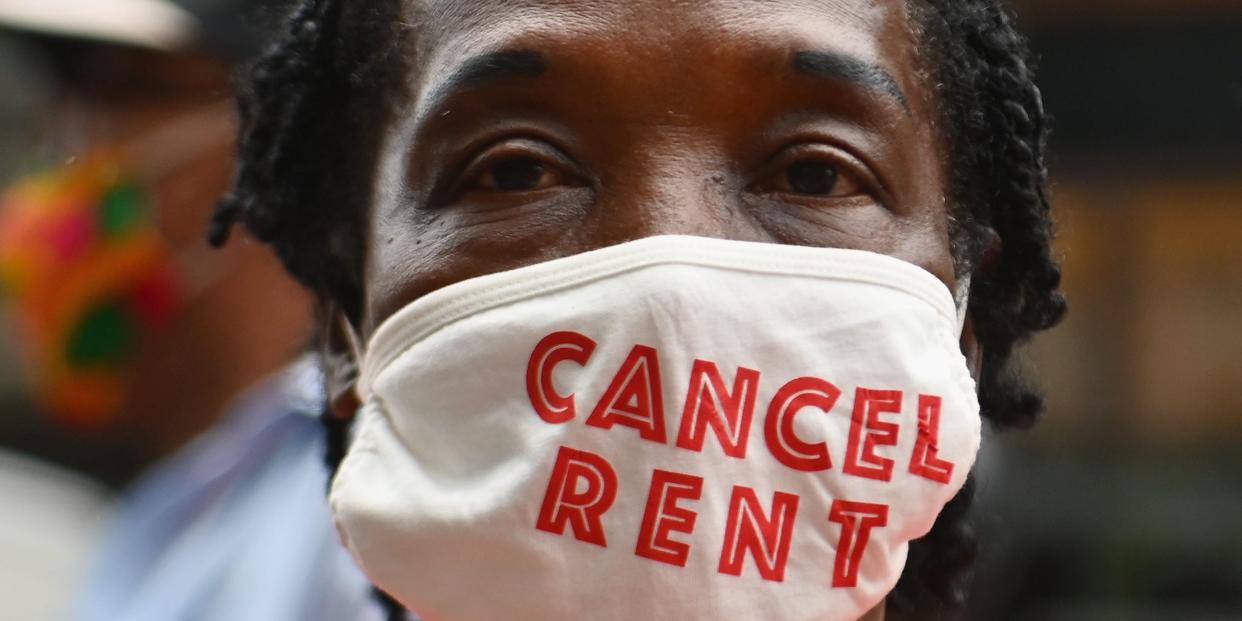Housing advocates warn that as the federal eviction moratorium ends, people of color are most at risk of being left without a home

A federal evictions moratorium is set to expire on December 31, potentially leaving millions at risk of homelessness.
People of color are most at risk, CNN reported.
In some states, people are already being evicted despite the moratorium, the majority of them being Black or Hispanic.
People of color are most at risk of becoming homeless once a federal eviction moratorium expires at the end of this year, CNN reported.
The federal moratorium was put in place beginning on September 4 by the Centers for Disease Control and Prevention and will expire on December 31, and it was estimated that somewhere between 30-40 million Americans could lose their homes without it.
The National Low Income Housing Coalition reported that 80% of those vulnerable to the eviction crisis are from communities of color and said millions of low-income renters are at risk of losing their homes once both federal, and local moratoriums expire.
CNN also reported that the Atlanta United Way says 95% of families it helps fight evictions are Black.
In Connecticut, the Connecticut Mirror reported that Governor Ned Lamont left the federal eviction moratorium for courts to determine if they apply, and residents have already begun to face eviction, the vast majority of whom are people of color.
People of color have been disproportionately impacted by the pandemic in several ways. Many have been front line workers, who were at higher rates of exposure, as well as a demographic that is at a higher risk of severe illness due to underlying conditions.
Jamaira Watson and her mother were evicted from her home while trying to recover from COVID-19, they told the Mirror. At the beginning of the pandemic, Watson lost a low-wage job at a hotel and got behind on her rent while waiting for unemployment benefits. She became sick with the coronavirus right after she started a new factory job.
"I had a nervous breakdown. I am struggling," Watson told the Mirror.
Read the original article on Business Insider

